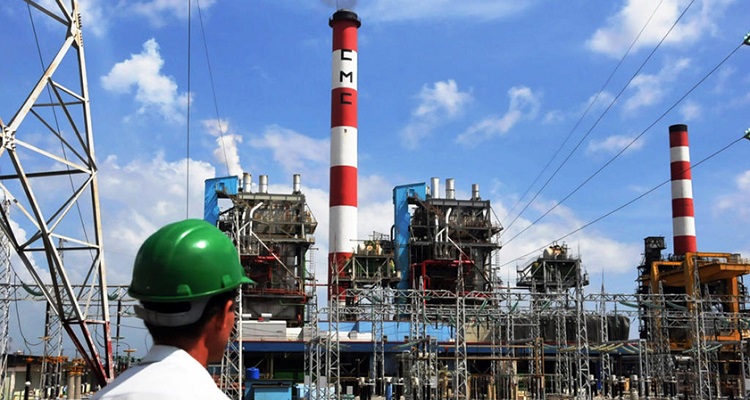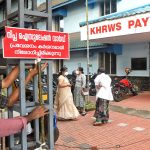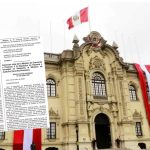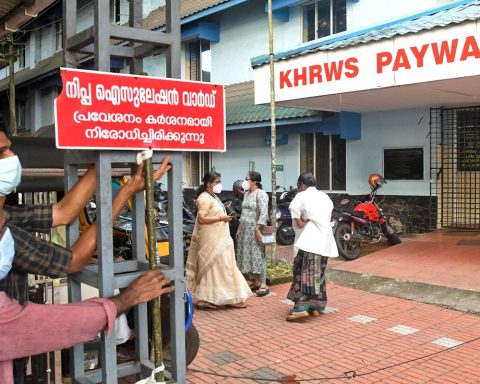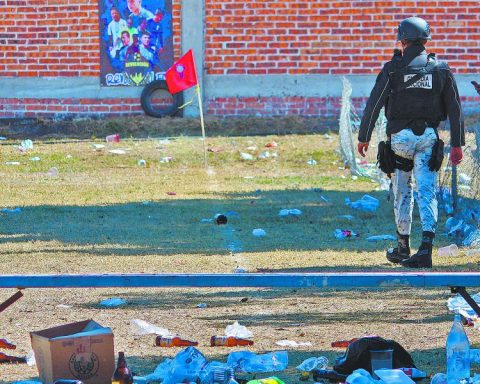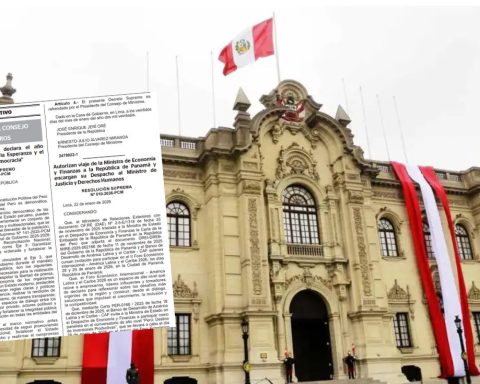AREQUIPA, Peru – Five thermoelectric units in Cuba remain out of service on Saturday, including Guiteras, the island’s largest generating block. Of the seven plants disconnected last weekend, only two fewer are reported for this weekend, which will not translate into any relief from the blackouts.
The first unit of the Santa Cruz thermal power plant (CTE), the second unit of the Felton CTE and units five and six of Rente are also outside the electrical energy system.
In your daily partThe Electric Union (UNE) indicated that the interruptions in the electrical service are due to breakdowns in the power plants, which have been in operation for more than four decades, as well as to the lack of fuel.
For this Friday, the state-owned company estimates a maximum electricity generation capacity of 2,345 megawatts (MW) and a demand of up to 2,950 MW, for a deficit of 675 MW. The forecast assumes that more than a fifth of Cuba will be blacked out during peak hours on August 31.
Last Wednesday, the island recorded one of the highest power outages in three months (39%), although still below the 45% outage reported in February of this year.
Currently, power cuts affect all provinces (although they are worse outside of Havana) and have reached up to 10 hours a day twice a day (around 20 hours in total).
In May of this year, the ruler Cuban, Miguel Diaz-Canelsaid the country would experience “prolonged” power outages until June due to maintenance work on the energy system. This measure, according to authorities, seeks to reduce interruptions during the months of July and August, when consumption is highest.
“We are going to have extended maintenance until the month of June to minimize the inconvenience of blackouts in the summer, especially in the months of July and August,” said Díaz-Canel in the sixth episode of his podcast From the Presidency. The president made it clear that the total absence of blackouts cannot be guaranteed: “We cannot commit to the absence of blackouts. Given the current conditions of the system, such a commitment is not possible now,” he said.
These blackouts not only deteriorate the economic performance of Cubawhich has been mired in a serious crisis for years, but have also been the trigger for anti-government protests. The most notable ones occurred on July 11, 2021the largest in decades, and most recently on March 17 in Santiago de Cuba and other locations.
